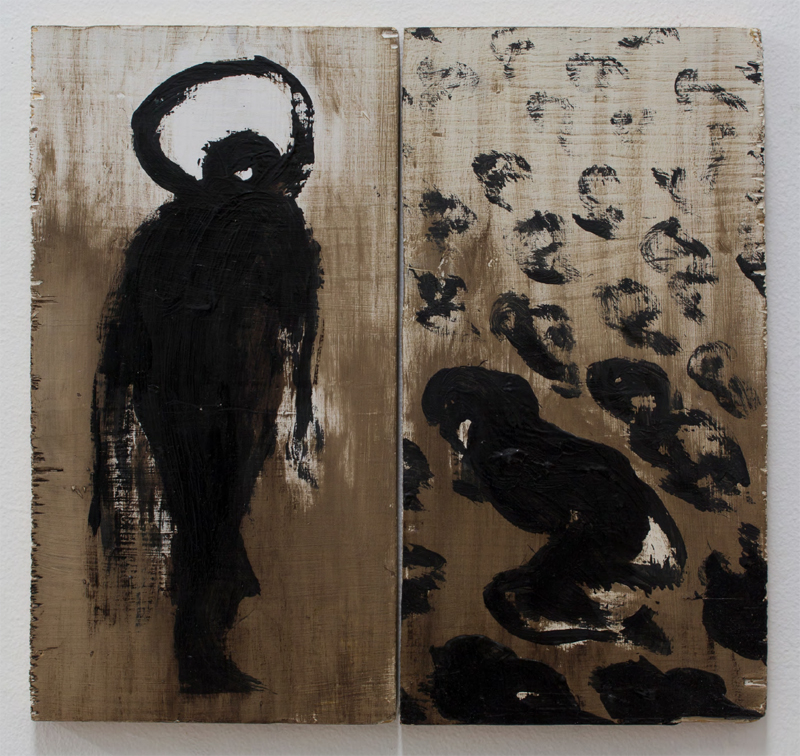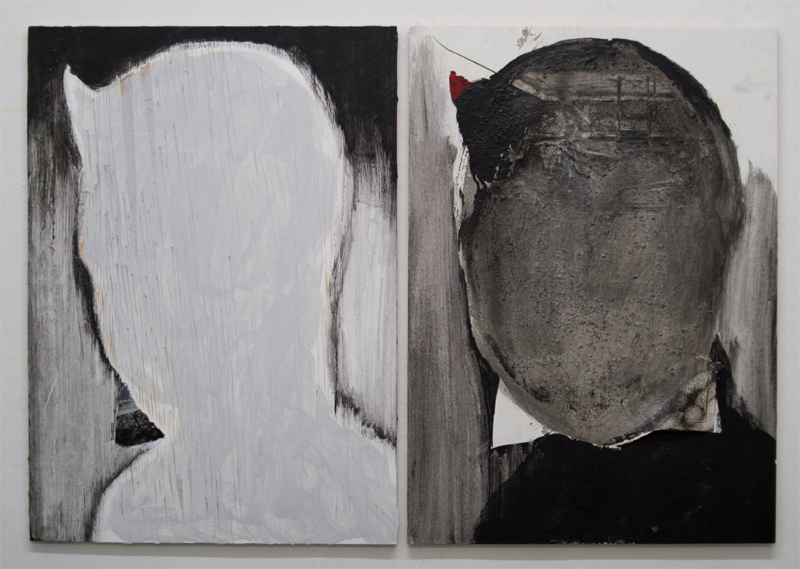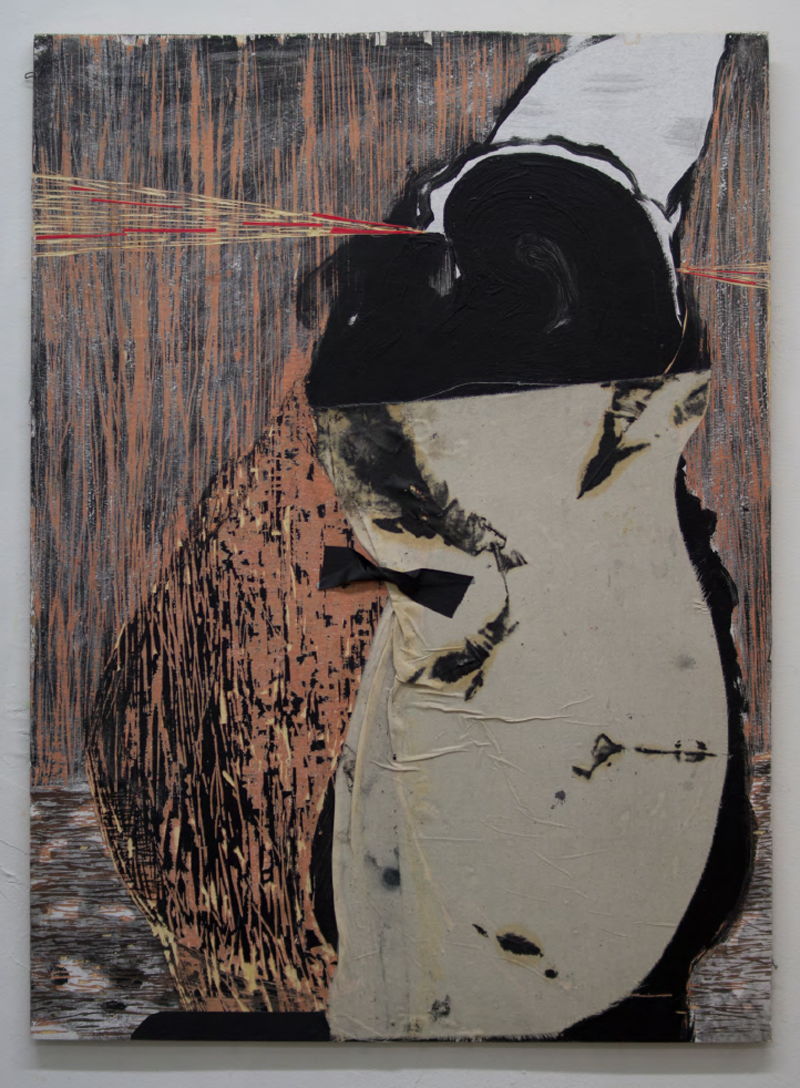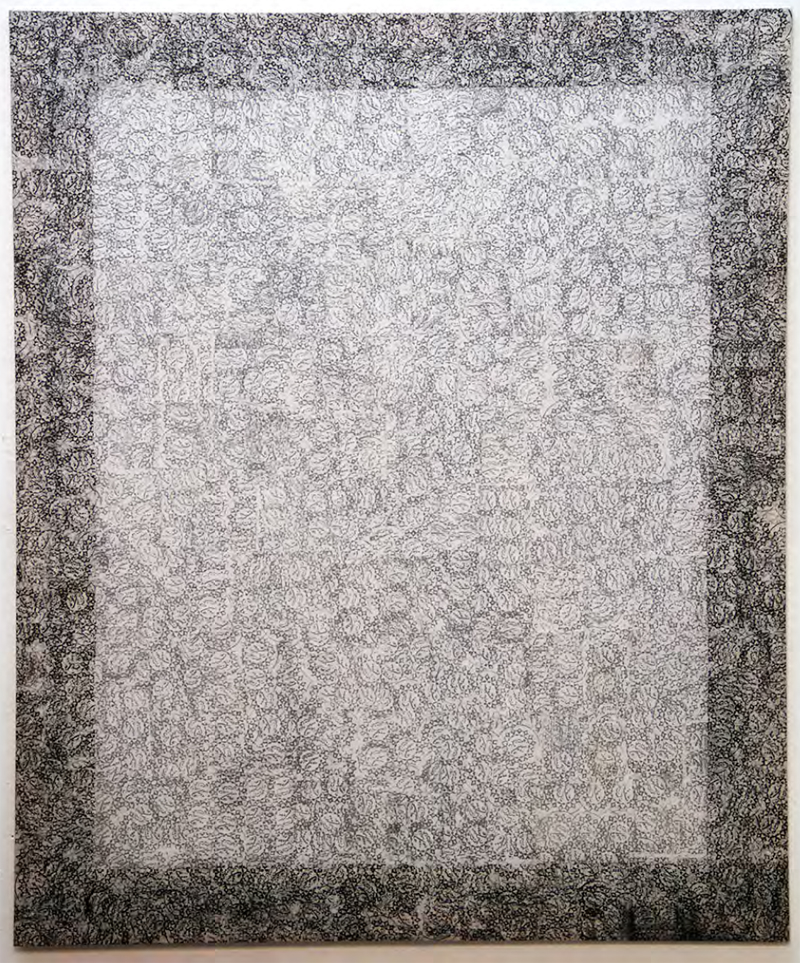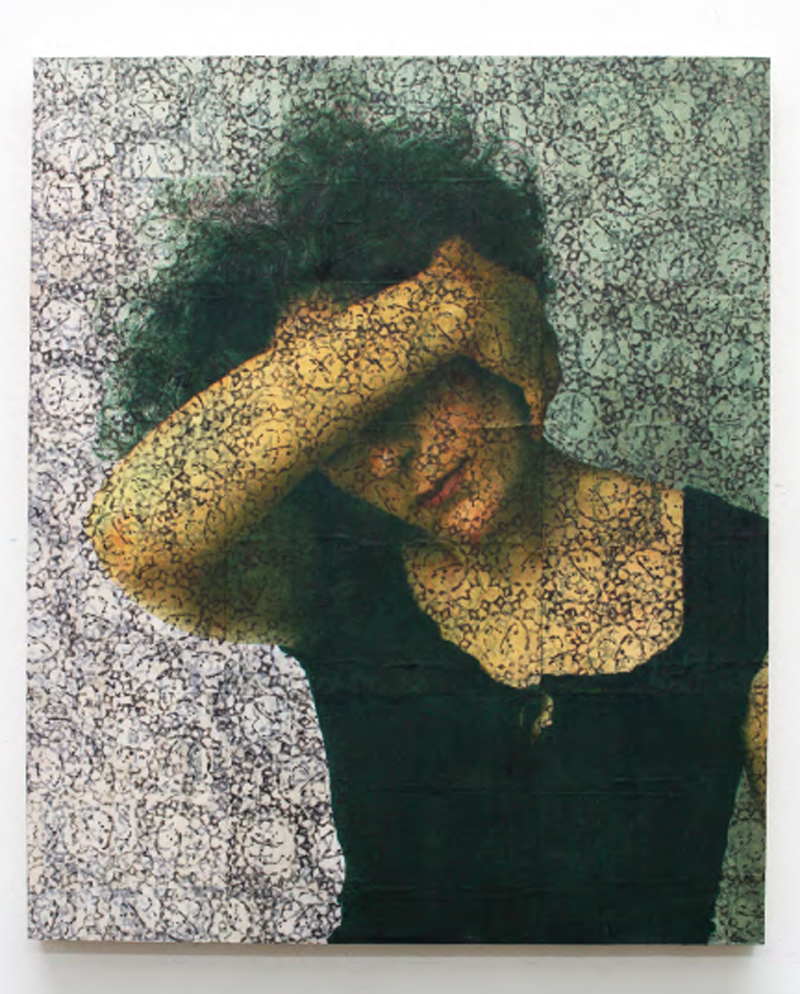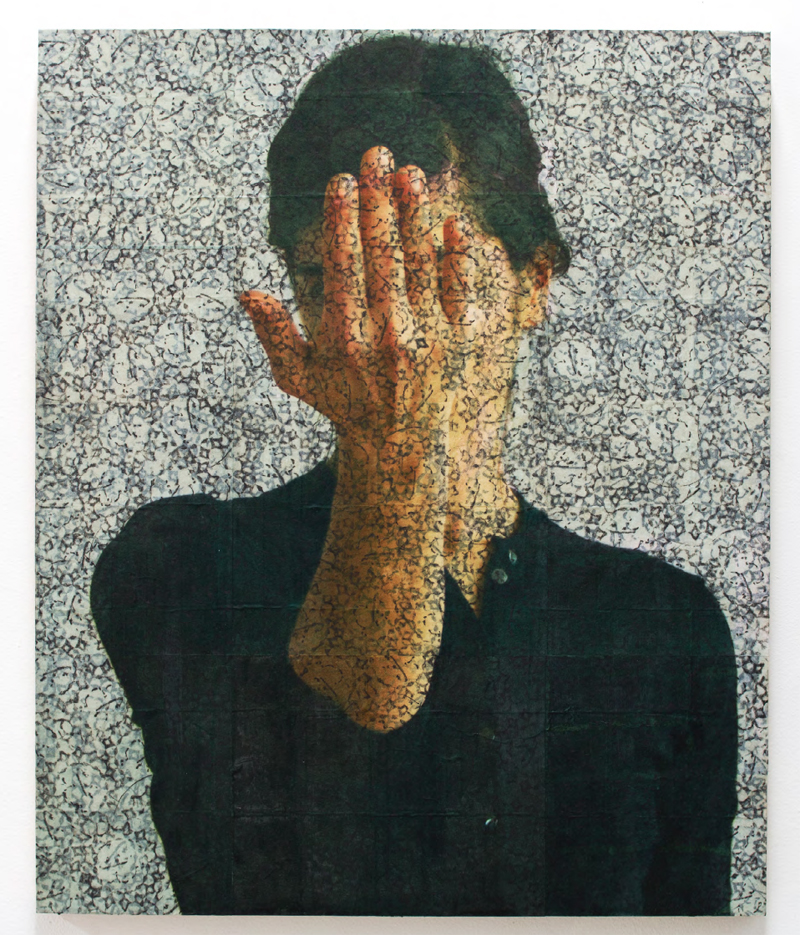STRAPPA: DIALOGUE AND PERFORMANCE
Artists: Sepideh Salehi, Kamran Tahereimoghaddam
Sepideh Salehi and Kamran Taherimoghaddam are cross-disciplinary artists who work in a variety of mediums. As husband and wife, these Iranian artists have collaborated for many years, exploring themes of society, identity and tradition. The result: a body of work that is poetic and honest, with the ability to move the viewer in his or her own right. Kamran’s minimalist approach to form explores issues of conformism and marginality in today’s society. His faceless and often deformed subjects represent the loss of identity by forces of assimilation or coercion. Influenced by the Italian Arte Povera of the sixties, Kamran’s work is as conceptual as it is contextual. Both impulsive and controlled in technique, he surpasses the mere decorative quality of art and strives to make an impact on his audience.
Sepideh is a ‘ghessegou’ (storyteller). Her lyrical style is brought to life with her numerous series, including "Portraits", "Memories,", "War and Peace" and "School". Mixing drippings, frottage and layering techniques, Sepideh’s works offer snapshots of her personal experiences and memories inside and outside of Iran. Mixing narrative and picture, Sepideh creates abstractions out of these unfolding events and challenges traditional testimony and illustration.
While Sepideh and Kamran often disappear the subject in their works, with Strappa, they have staged a dialogue between human beings. Using a standoff of sounds, Strappa offers a multisensory breech of tradition. Here, the male Iranian ‘tombak’ and the female sound of tearing fabric are tête-à-tête to create a live interchange with purposefully little explanation. This performance questions the relationship between men and women in today’s society without pigeonholing the spectator with elucidation.
Layla M. Heidari
